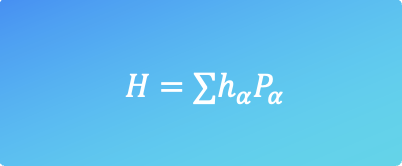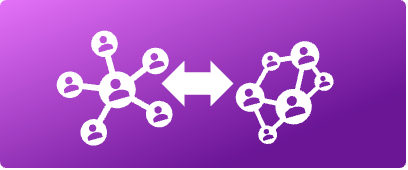Quantum Toolbox
Developer-ready quantum algorithms — no quantum-code required
Quandela’s Quantum Toolbox provides a collection of ready-to-use primitives designed for developers who want to integrate quantum capabilities into their applications. These primitives solve specific classes of problems without requiring developers to design or implement quantum algorithms themselves
Optimized by Quandela’s scientists for performance on photonic quantum processors, the Toolbox can be accessed through the Quandela Cloud and run seamlessly on QPUs or simulators.
Key Features
Developer-focused
Designed for developers to plug quantum primitives into their workflows.
Out-of-the-box algorithms
Access high-level primitives optimized by quantum experts.
Flexible execution
Run on real photonic QPUs or simulators via Quandela Cloud.
SDK support
Ready-to-use SDKs in major production languages (Python, C#, Java, etc.) to easily embed Toolbox primitives into applications.
Explore simplified use-cases
Apply quantum approaches to chemistry, optimization, and graph problems.
Algorithm Families
The Quantum Toolbox currently provides two complementary families of algorithms:
Variational algorithms: Hybrid quantum–classical approaches widely used across quantum computing. These include Chemistry VQE, Custom VQE , and CVaR-VQE , designed to tackle problems in quantum chemistry and combinatorial optimization.
Photon-native algorithms: Algorithms that natively exploit Quandela’s photonic quantum processors, such as Graph DSI and Graph Isomorphism, based on boson sampling techniques. These are particularly well-suited for graph analysis and molecular docking problems.
Looking ahead, Quandela is extending the Toolbox with new primitives powered by Merlin, our quantum machine learning framework. MerLin enables PyTorch-compatible quantum layers, opening the way for next-generation primitives that enhance AI and machine learning workflows with photonic quantum acceleration.
Available Primitives

Chemistry VQE
Compute the ground state of benchmark molecules (e.g., H₂, LiH, H₂O) for applications in materials science and battery design.

Custom VQE
Define your own Hamiltonian to compute ground states of user-selected molecules or physical systems. Applications include molecular discovery and mechanical system modeling.

CVaR-VQE
A VQE variant optimized for combinatorial optimization problems such as multi-agent pathfinding or train assignment scheduling.

Graph DSI (Dense Subgraph Identification)
Boson sampling–based algorithm for molecular docking and drug design, finding optimal binding configurations of ligand-receptor pairs.

Graph Isomorphism
Boson sampling–based algorithm for cross-checking databases in chemoinformatics, chip design verification, and graph comparison.
Use Cases
Quantum Toolbox allows developers to prototype and explore quantum approaches to real-world problems, using today’s photonic QPUs and simulators. While problem sizes are simplified compared to industrial scale, these primitives demonstrate how quantum computing can be applied across domains:
Chemistry & Materials: Prototype ground state computations, force field simulations, and molecular docking.
Optimization & Logistics: Explore multi-agent scheduling, resource allocation, and train assignment problems.
Graph Analysis: Test graph comparison methods for chip fault detection, chemical database validation, and drug discovery.
Getting Started
Start Using Quantum Toolbox
Quantum Toolbox is available through the Quandela Cloud, with direct access to QPUs and simulators. Simply call the API, and the backend manages the complexity of hybrid quantum-classical execution.
To accelerate integration, Quandela provides SDKs for major production languages (Python, C#, Java, and more). These SDKs include ready-to-use examples showing how to call the API and embed Toolbox primitives directly into existing applications.
